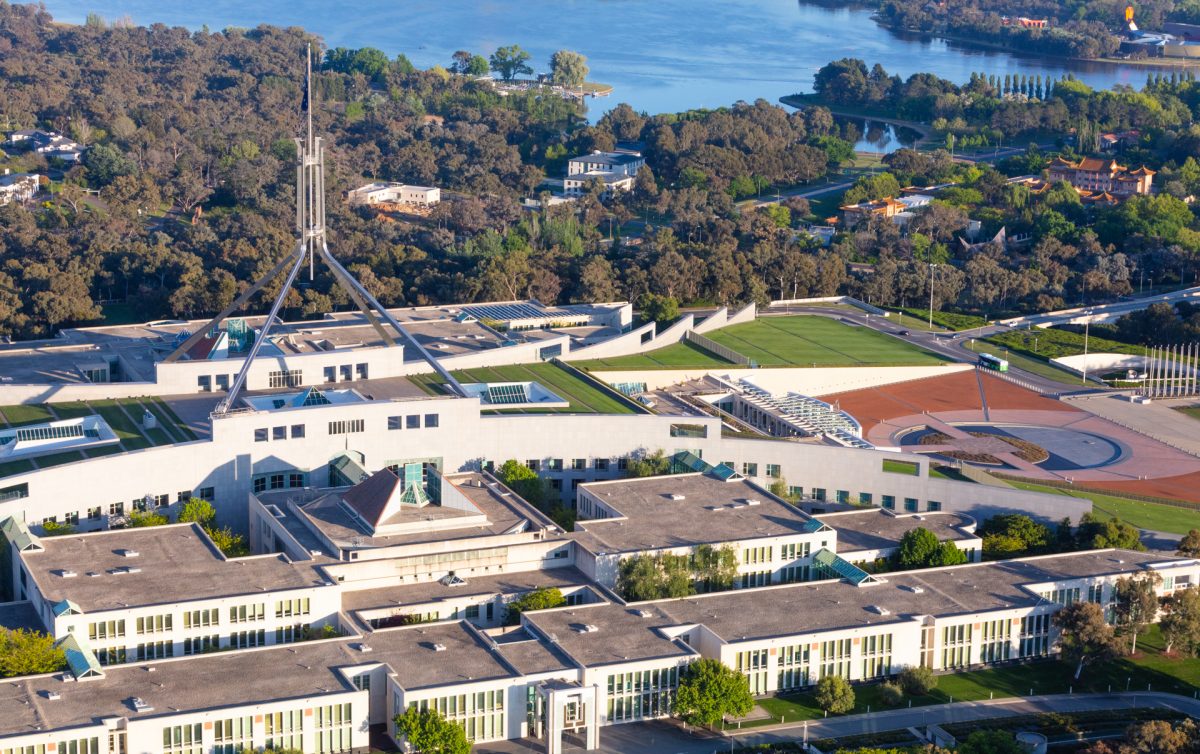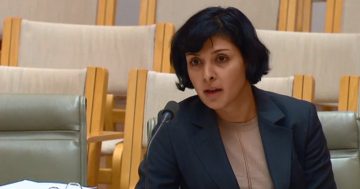
The Grattan Institute says too many appointees have political links, mostly with the Coalition. Photo: Thomas Lucraft.
The Albanese Government should establish a new Public Appointments Commissioner to end the “jobs for mates culture” that has flourished in the past decade, according to a new report from the Grattan Institute.
The think tank says the culture is undermining Australian democracy, and calls for a transparent, merit-based process for public appointments.
Its report New politics: A better process for public appointments shows that many federal and state government boards, tribunals and agencies are stacked with people who have worked in politics – almost always for the party that was in government when they got the job.
It says political appointees occupy one in five federal government board positions that are well-paid, powerful and/or prestigious.
The report singles out the Administrative Appeals Tribunal (AAT), an independent expert body that reviews government decisions on everything from child support to migration status, saying political stacking is rife.
The report says it offers the “full trifecta of powerful, prestigious and well-paid positions, ” with AAT member salaries ranging from nearly $200,000 to nearly $500,000 a year.
The report says that one in five of the AAT’s 320 tribunal members has a direct political connection to the government that appointed them.
It says political appointments to the AAT have surged in the past five years under Coalition governments, many made on ‘election eve’ – in the lead-up to the 2019 and 2022 federal elections.
The report reinforces a previous study from the Australia Institute, Cronyism in appointments to the AAT, authored by Debra Wilkinson and Elizabeth Morison, that found 32 per cent of all new appointments to the tribunal were political between 2013 and April 2022, during the prime ministerships of Tony Abbott, Malcolm Turnbull and Scott Morrison.
The report found that from 1996 to 2013, political appointments were only 6 per cent under John Howard and 5 per cent under Kevin Rudd and Julia Gillard.
The Grattan Institute report also says half of the board members at the key economic policy engine, the Productivity Commission, have a political connection to the Coalition.
More than one in five members of federal government business boards have a political connection, including businesses such as Australia Post, where half the board has Coalition connections that employ thousands of people and manage income in the billions.
Coalition figures are sprinkled across the boards of other entities, including the Commonwealth Grants Commission (half) and the Sports Commission, and the national institutions, such as the Australian War Memorial, where four out of the 10 board members have links, and the National Library with three.
The only institution with Labor-connected board members is Old Parliament House.
Less than 2 per cent of ASX100 company board members – who exercise very similar responsibilities – have a political connection.
Report lead author and Grattan Institute CEO Danielle Wood says everybody suffers when mateship prevails over merit.
“Of course, not all political appointees are without merit, but politicising public appointments can compromise the performance of government agencies, promote a corrupt culture, and undermine public trust in the institutions of government,” she says.
The report calls on federal and state governments to establish a transparent, merit-based selection process for all public appointments, overseen by a new Public Appointments Commissioner.
It says all public board, tribunal, and statutory appointments should be advertised, along with the selection criteria for each position.
An independent panel, including the Public Appointments Commissioner, should assess applicants against the selection criteria and provide a shortlist of candidates to the minister, who should be required to choose the successful candidate only from the shortlist.
The Public Service Commissioner should report to Parliament on statutory appointments to the APS.
“This is a big problem, but it has an easy fix,” Ms Wood says.
“If the new federal government is serious about improving the way politics is done in Australia, it should set about ending the insidious jobs-for-mates culture – and the state and territory governments should get on board.”
Comment was sought from Public Service Minister Senator Katy Gallagher.




















